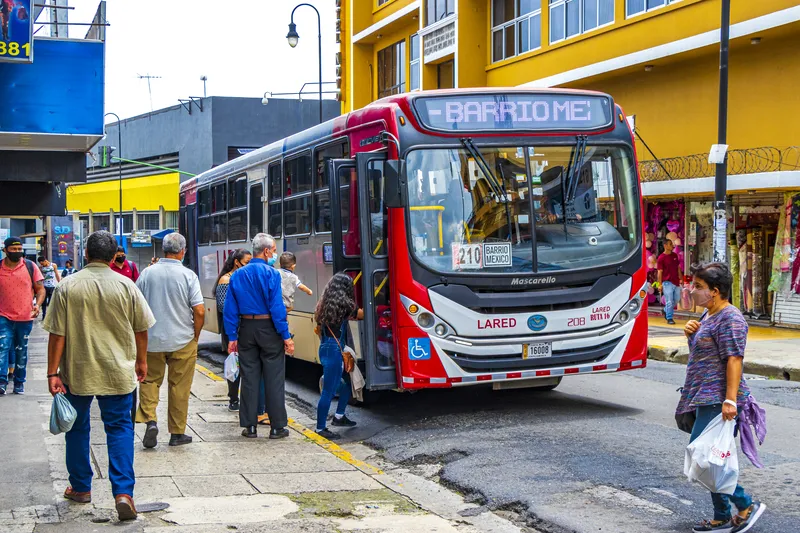Roger Crow, senior vice-president and managing director, EMEA for Cubic Transportation Systems, says, “We are delighted to have been able to support TfL in its ambition to deliver the best possible customer experience and choice to London’s residents and visitors. It is a proud day for all those involved in the project and we look forward to working with TfL in the years ahead to ensure London’s transport network maintains its world-class reputation.”
Commenting on the arrival of contactless payments on the London Underground, Nathan Marsh, Smart Infrastructure leader at EY, said: “Today heralds the start of the transition from a standard travelcard to widespread use of contactless bank cards, as well as setting the direction for this to progress onto smartphones over the next few years. This is a positive development for the sector and good news for customers as it will make transportation systems more accessible and will ultimately lead to a simpler process.
“Today’s move is also likely to be another step towards smart city status for London, where we will ultimately see the entire city’s core infrastructure move onto smart platforms. We would expect smart phones and wearable technologies to be part of this utility management mix in the near future.”
While extremely straightforward for the customer who simply has to touch their preferred bankcard to the reader, it is a major technological achievement delivered by TfL with support from Cubic. Over the past two years, some 20,000 assets including gates and readers have been retrofitted with contactless-enabled readers, developed by Cubic in conjunction with TfL and compatible with all contactless bankcards as well as Oyster.
The system has involved the development of a complex back office by TfL, which interfaces with the front and middle office services provided by Cubic.
Cubic, EY, support London’s contactless transport
Cubic Transportation Systems and Ernst and Young (EY) have spoken in support of Transport for London’s (TfL) introduction of contactless payments on Tube, tram, DLR, London Overground and National Rail services that accept Oyster.
September 17, 2014
Read time: 2 mins








